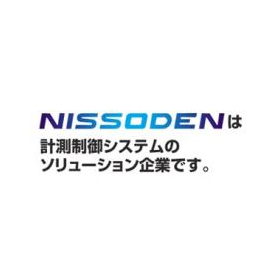Introducing the high-precision data logger for Phoenix TM temperature uniformity testing!
The "PTM3220" is a high-precision data logger designed for temperature uniformity testing that can use commercially available AA alkaline batteries. The Bluetooth function allows for wireless connection to the logger, enabling data downloads and resets. As a standard feature, it can transmit data to a computer in real-time via Bluetooth or USB cable. 【Features】 ■ Designed to use commercially available AA alkaline batteries ■ No external power supply required ■ Can be used as a completely standalone instrument ■ Bluetooth function allows for wireless connection to the logger ■ Configurable to meet specific needs *For more details, please refer to the PDF document or feel free to contact us.
Inquire About This Product
basic information
【Specifications (Excerpt)】 ■Resolution: 0.1°C ■Total Memory (Non-volatile Memory): Up to 3,800,000 data ■Operating Temperature: 0 to 55°C ■Battery Type: Replaceable AA alkaline batteries x 4 ■Battery Life: Up to 600 hours (depending on wireless use and measurement cycle) ■Weight: 2.1 kg *For more details, please refer to the PDF document or feel free to contact us.
Price range
Delivery Time
Applications/Examples of results
【Purpose】 ■Temperature Uniformity Test *For more details, please refer to the PDF document or feel free to contact us.
catalog(1)
Download All CatalogsCompany information
We aim to develop a corporate structure that can quickly respond to changes in the environment surrounding the times, such as globalization, advancements in information technology, and the worsening of global warming, based on the trust and achievements we have cultivated over many years. In addition to providing temperature control devices and gas concentration control devices primarily to the automotive industry, we are also committed to environmental equipment that contributes to environmental conservation, such as greenhouse gas analysis devices and water quality analysis devices, and we intend to challenge ourselves in new fields.



